Description
Carrot pulp for sale: Discover the benefits of using carrot pulp in cattle diets, including improved digestion, and nutritional value. Order from us now.
Carrot pulp for sale
Carrot Pulp: A Sweet Treat with a Nutritional Punch for Cattle Feeding
In the quest for sustainable and cost-effective livestock feed, agricultural byproducts are increasingly gaining traction. Among these promising alternatives is carrot pulp, a byproduct of the carrot processing industry. This often-overlooked resource can offer significant benefits when incorporated into cattle diets, providing valuable nutrients and contributing to a more circular food system.
What is Carrot Pulp?
Carrot pulp is the solid residue remaining after carrots are processed for juice, purees, or other products. It typically consists of the outer layers of the carrot, containing fiber, sugars, and residual nutrients. Instead of being discarded as waste, this pulp can be transformed into a valuable feed ingredient for cattle.
Nutritional Value of Carrot Pulp:
Carrot pulp offers a range of nutrients that can benefit cattle health and productivity. Key components include:
- Fiber: Rich in digestible fiber, carrot pulp promotes healthy digestion and rumen function. Fiber is crucial for maintaining a stable rumen environment, which is essential for efficient nutrient absorption and overall animal well-being.
- Sugars: The natural sugars present in carrot pulp provide a readily available energy source, contributing to weight gain and milk production.
- Vitamins and Minerals: Carrots are well-known for their high vitamin content, particularly beta-carotene (a precursor to Vitamin A). This vitamin is essential for vision, immune function, and reproductive health in cattle. Carrot pulp also contains other essential minerals like potassium and manganese.
- Antioxidants: Carotenoids, the pigments responsible for the carrot’s vibrant color, act as antioxidants, protecting cells from damage and promoting overall health.
Benefits of Feeding Carrot Pulp to Cattle:
Incorporating carrot pulp into cattle diets can offer numerous advantages:
- Improved Palatability: The sweet taste of carrot pulp can enhance the palatability of feed, encouraging consumption, especially in picky eaters.
- Enhanced Rumen Health: The fiber content promotes a healthy rumen environment, improving digestion and nutrient absorption. This can lead to improved feed efficiency and weight gain.
- Increased Vitamin A Intake: The beta-carotene content can help meet the Vitamin A requirements of cattle, especially during periods when access to fresh forage is limited.
- Reduced Feed Costs: By utilizing a readily available byproduct, carrot pulp can reduce the reliance on more expensive feed ingredients, lowering overall feeding costs.
- Sustainable Agriculture: Feeding carrot pulp contributes to a more sustainable agricultural system by minimizing waste and utilizing resources efficiently.
Considerations for Feeding Carrot Pulp:
While carrot pulp offers numerous benefits, certain considerations are essential for successful implementation:
- Moisture Content: Carrot pulp typically has high moisture content, which can lead to spoilage. Proper storage and handling are crucial to prevent mold growth and maintain feed quality. Ensiling, drying or mixing with dry forages are common methods to extend shelf life.
- Nutrient Variability: The nutritional composition of carrot pulp can vary depending on the source and processing methods. Analyzing the nutrient content of specific batches is recommended to ensure accurate ration balancing.
- Introduction to Diet: Introduce carrot pulp gradually to the diet to allow the rumen microbes to adapt to the new feed.
- Balance the Ration: Carrot pulp should be incorporated as part of a balanced ration that meets the cattle’s specific nutritional needs. Consult with a nutritionist to determine the optimal inclusion rate.
- Source and Quality: Ensure the carrot pulp is sourced from a reputable processor and is free from contaminants.
Conclusion:
Carrot pulp represents a valuable and sustainable feed resource for cattle. Its nutritional composition, including fiber, sugars, vitamins, and antioxidants, offers numerous benefits for animal health, productivity, and feed efficiency. By carefully considering the practical aspects of storage, handling, and ration balancing, producers can effectively utilize carrot pulp to enhance their feeding strategies and contribute to a more circular and sustainable agricultural system. As the demand for cost-effective and environmentally friendly feed solutions continues to grow, carrot pulp is poised to become an increasingly important component of cattle diets.
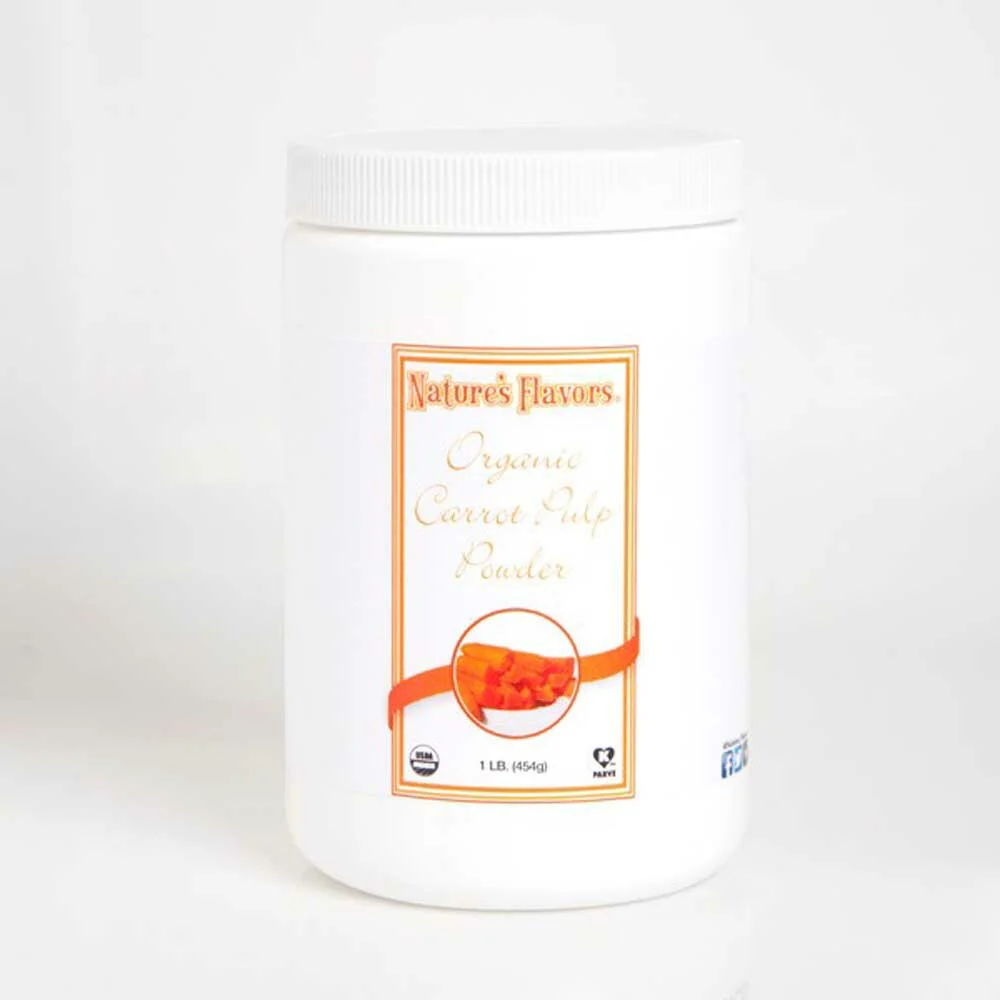
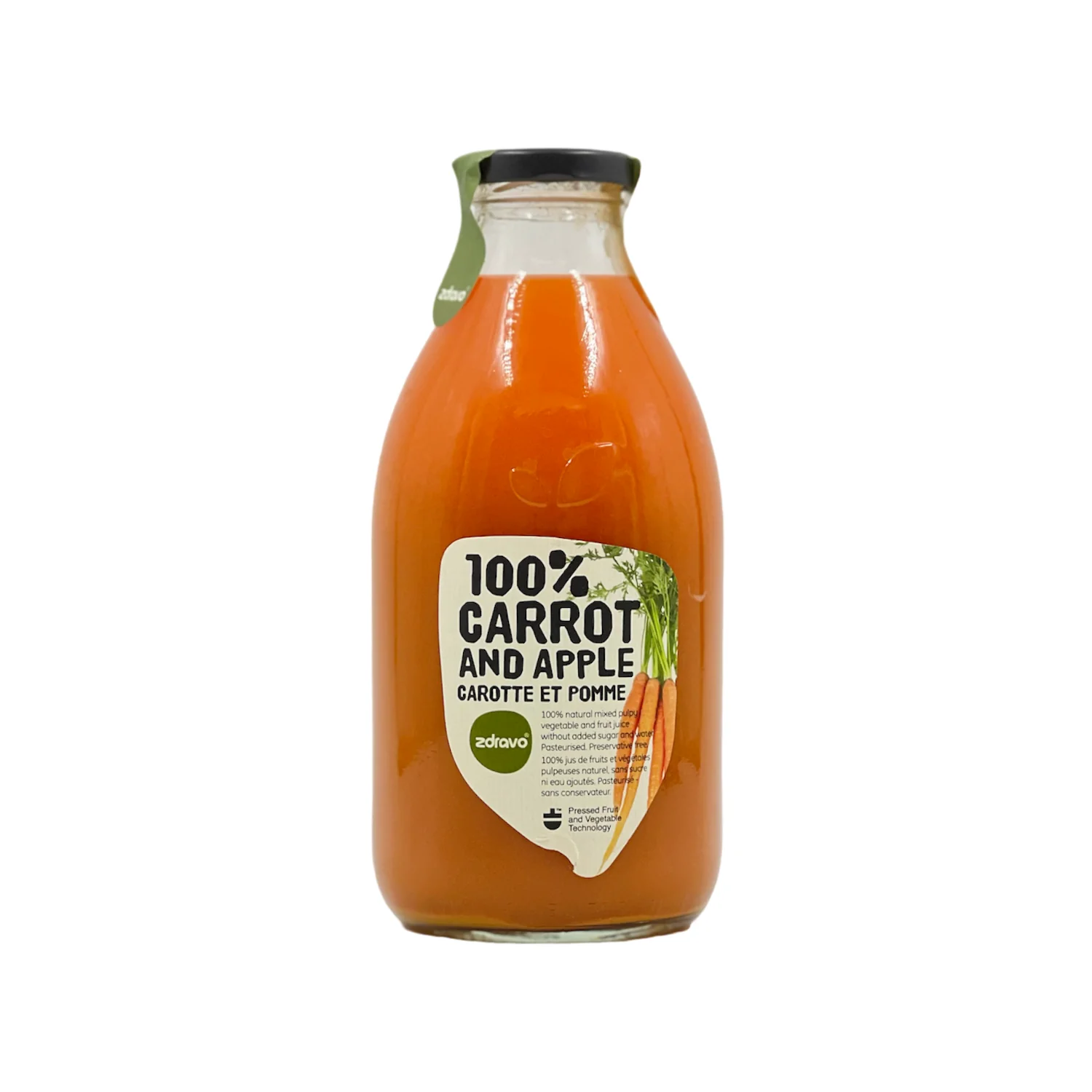
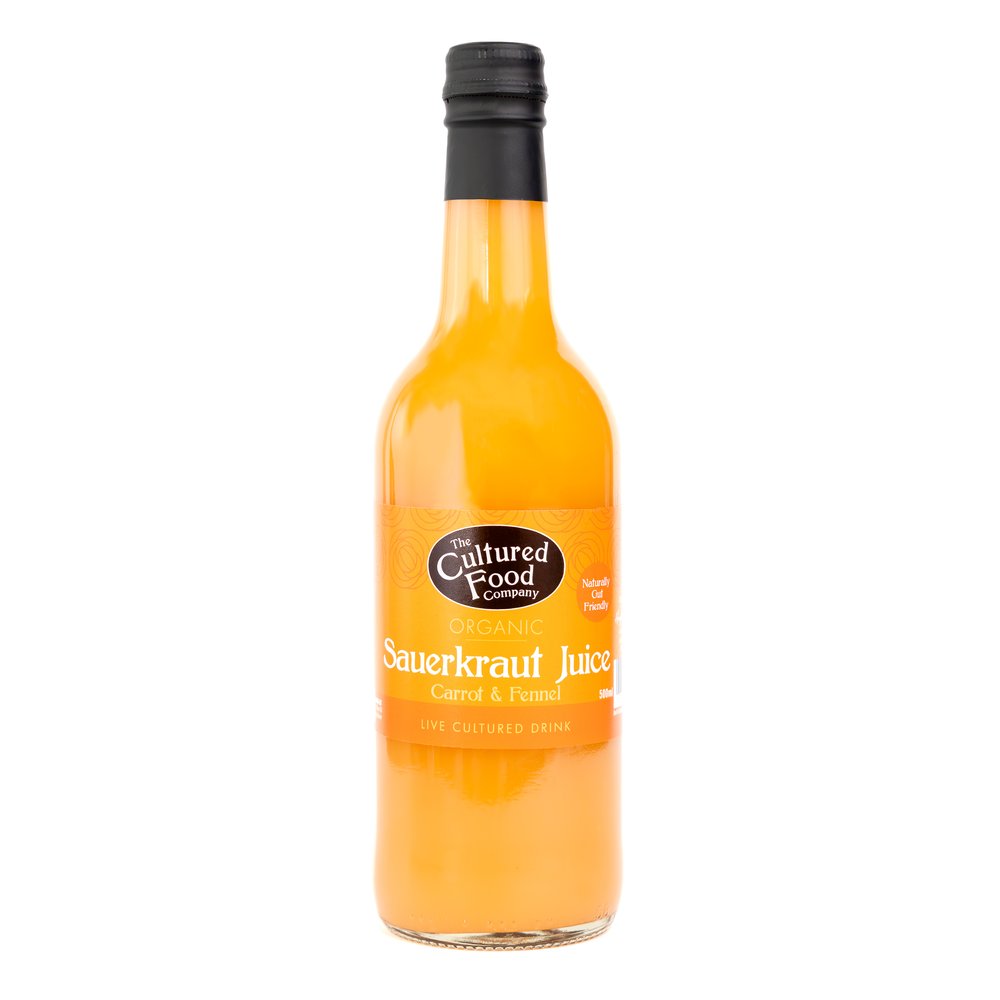
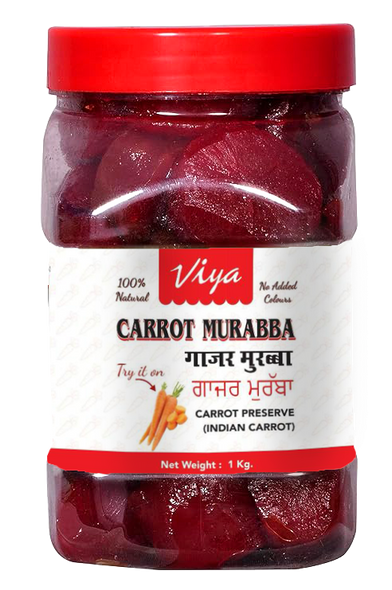
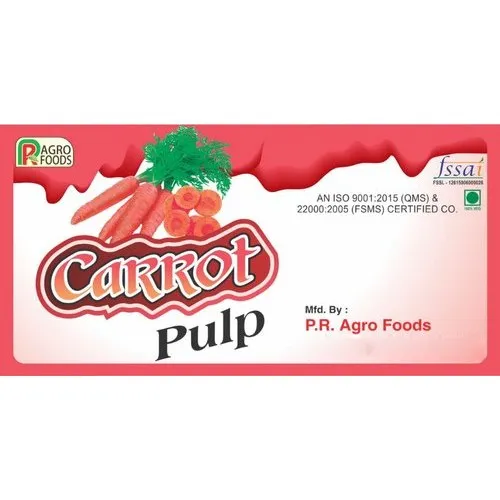
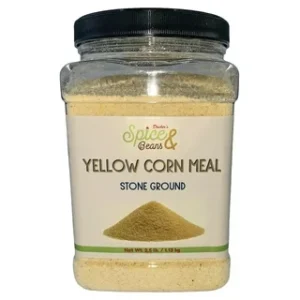
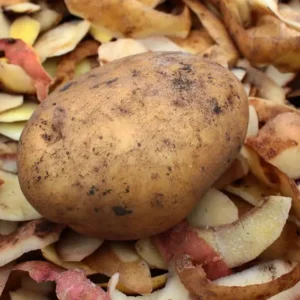
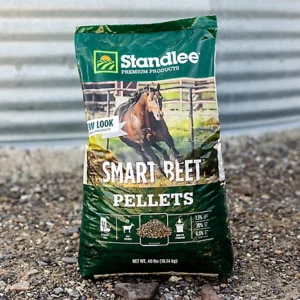
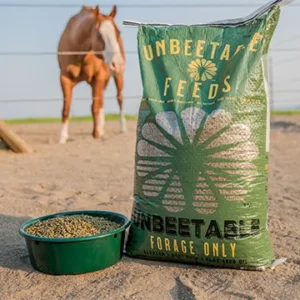
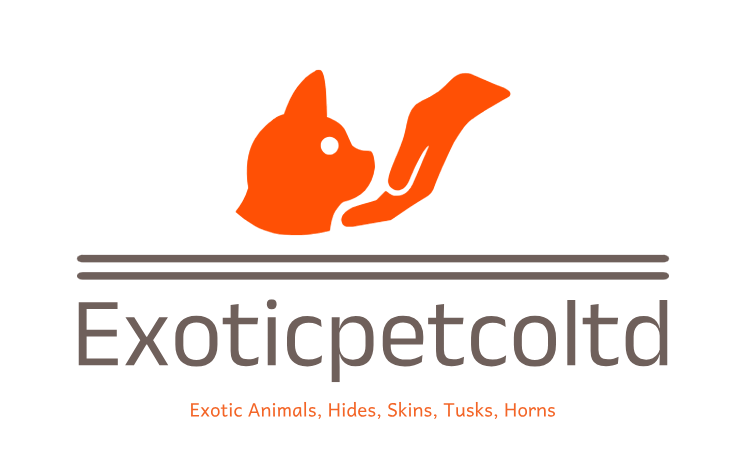

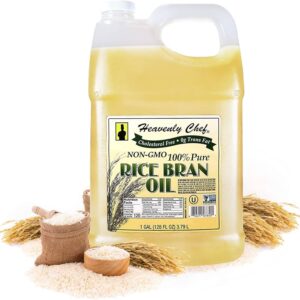
Reviews
There are no reviews yet.